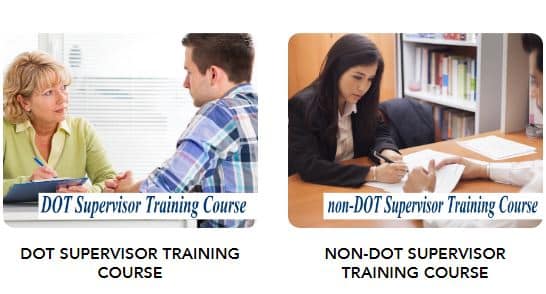National Drug Screening, Inc (NDS) is excited to sponsor the Inside Drug Screening column in The Background Buzz for 2024. It is our intent to educate the background screening industry on important news, information and trends about drug screening. Our focus will be on workplace drug testing and each month we will feature a specific drug testing topic followed by any recent news, information and trends. These back to the basics drug testing topics will help your teams better understand drug testing and to help grow your drug testing revenue.
“Providing education and training for an employer’s drug free workplace can be a revenue source for the background check provider. A comprehensive drug free workplace program provides for the employer a safe and healthy workforce.”
Article Topics:
Most background check providers also offer drug testing to their employer customers. These employers typically operate as a drug free workplace. It is important to understand that a drug free workplace is more than just drug testing – it also includes a policy, employee education, supervisor training and access to an employee assistance program. This article will focus on education and training for the drug free workplace.
Providing education and training for an employer’s drug free workplace can be a revenue source for the background check provider. A comprehensive drug free workplace program provides the employer with a safe and healthy workforce.
Employee Education For The Drug Free Workplace
This is about informing employees about the companies drug testing policies, regulations, and the problems associated with substance abuse. Most employees do not want to work next to a substance abusing co-worker and will appreciate the employer implementing the drug free workplace and providing important education which should include information about the harmful effects of illicit drugs and abuse of alcohol. This education should also include information about the company’s efforts to provide an employee assistance programs (EAP).
Employee assistance programs (EAP) are designed to support employees facing personal challenges that may impact their work productivity. These programs are equipped to tackle various health, financial, and social concerns, such as mental health disorders and substance abuse issues. Certain EAPs may specialize in addressing alcohol, prescription drug, and other substance-related issues. Often the employers group health insurance program includes the EAP services.
All of the US Department or Transportation agencies have drug testing regulations that require employee education. For example, FMCSA PART 382 – CONTROLLED SUBSTANCES AND ALCOHOL USE AND TESTING states:
§ 382.601 Employer obligation to promulgate a policy on the misuse of alcohol and use of controlled substances.
- (a) General requirements. Each employer shall provide educational materials that explain the requirements of this part and the employer’s policies and procedures with respect to meeting these requirements.
- (1) The employer shall ensure that a copy of these materials is distributed to each driver prior to the start of alcohol and controlled substances testing under this part and to each driver
For Non-DOT or unregulated employers, the educational component might be part of a State specific drug free workplace program and it is always a best practice.
Education for drug free workplace for employees can be delivered in multiple ways including display and distribution of information, online remote training, webinar training, employee orientations, lunch and learns etc.
Supervisor Training For The Drug Free Workplace
Supervisors can play a powerful role in improving workplace safety by intervening and encouraging workers with alcohol or drug problems to seek help. But just how can you tell whether a worker is misusing drugs or alcohol? – Training is needed.
Making reasonable suspicion determinations based on signs and symptoms of potential impairment is an important component of a supervisors job. This is a major safety issue and with proper training accidents can be avoided and drug or alcohol use on the job can be detected.
Supervisors ought to undergo training in order to acquire the skills necessary to identify and address issues pertaining to job performance, personal matters, and family problems that may be associated with alcohol or other substances. In order to optimize the efficiency of a policy and program promoting a drug-free work environment, it is crucial for the supervisor training to be tailored to the specific attributes of both the workplace and the employees. This training is typically 2 hours in length and can be delivered in multiple ways including, online remote training, webinar training and live training sessions.
DOT agencies do require reasonable suspicion supervisor training for those supervising DOT covered safety sensitive positions. For non-regulated or Non-DOT employers, the supervisor training is a best practice. This is particularly important for Non-DOT employers when it comes to marijuana testing and disciplinary actions for marijuana tests in States that are offering employee protections for legal use of marijuana.
About the Author
Joe Reilly entered the world of drug testing in 1993 and over the last 25+ years has become a leading national expert on workplace drug testing, drug free workplace programs and specimen collections for drug tests. Joe is the President of a nationwide drug testing industry consulting firm – Joe Reilly & Associates. He is also President of National Drug Screening and is the Senior Director of Compliance for USA Mobile Drug Testing Inc.
Joe served for twelve years on the board of directors of DATIA the Drug & Alcohol Testing Industry Association (now NDASA) and for four of those years as the Chairman of the Board.







